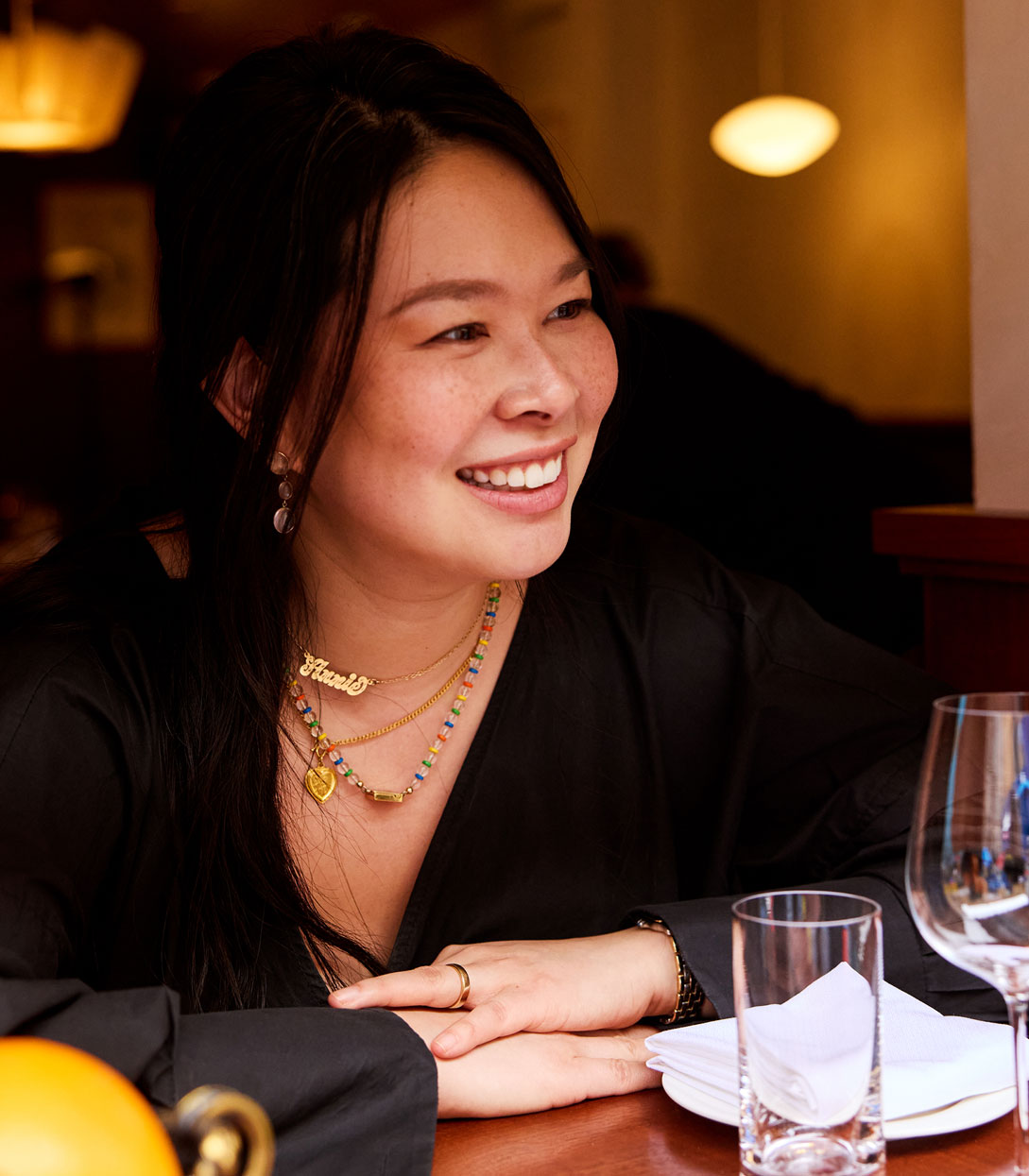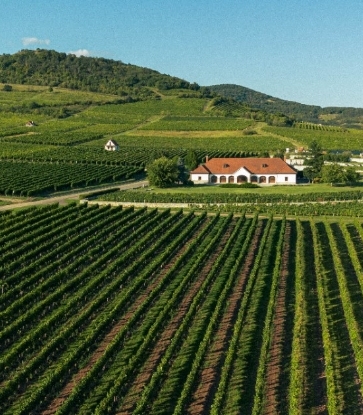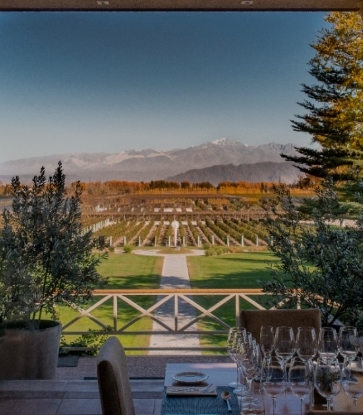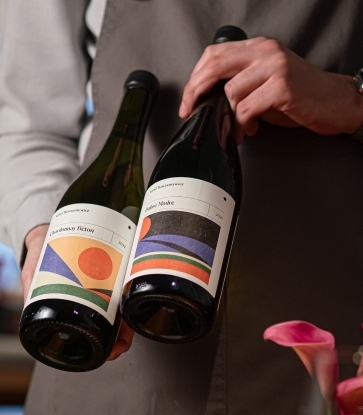Bob Bertheau, senior vice president of winemaking at Washington State's renowned Chateau Ste. Michelle, didn't always know he wanted to be in the wine business. In fact, thanks to the lasting influence of his childhood pediatrician he was majoring in chemistry at Boise State College with plans to attend medical school in Seattle when his life was unexpectedly redirected toward the wine industry.
His career change was in part thanks to his mom. During college, she found him a summer job in the tasting room of Ste. Chapelle, one of Idaho's larger wineries, and it was a good fit for him. Once there he discovered it also appealed not only to his emerging inner wine-lover, but to his academic interests. "Once I got into the tasting room I ... looked at the chemistry," Bertheau explains. "What interested me was obviously the wine part of it, but also [my] fascination [with] the complexity of what was in a glass of wine."
After graduating with his bachelor's degree, Bertheau went on to get a master's degree from the University of California Davis's program in Viticulture & Enology. In the years since, he has worked at Hanzell Vineyards under the now-departed Bob Sessions, at Chalk Hill under David Ramey and at Gallo. Now at Chateau Ste. Michelle, he oversees the development and production of a significant range of wines, works with partners such as Ernst Loosen on projects like the Eroica Riesling and helps a new generation of winemakers find their own passions.
This interview has been edited and condensed for clarity.

How did you get your start after graduating from UC Davis?
So I started out really, really small. My first job out of Davis was at a really small place called Hanzell in Sonoma. Hanzell was 3,000 cases, so 80 tons that we harvested that year—super small. I was doing everything—I was dragging hoses, I was delivering wine in the back of a '72 station wagon to restaurants, I was pruning in the vineyards and I was giving tours. I was also doing the lab work and the cellar work. With 3,000 cases you get to do it all, which is a great way to start. The guys pruning in the vineyard would always make fun of me because I was like ten rows behind and they were so fast, but I was learning!
Do you think it's uncommon that most winemakers don't get to actually do all of the components that go into running a winery?
If you go right from school to a really big winery where you're already writing work orders and not doing cellar work you might be able to do that, but I felt this was the right thing for me. Even if you want to work at a larger place at least work harvest or crush jobs [the process of crushing grapes to extract their juice] at a smaller place to get a feel for what it's all about.
I loved my experience at Davis, and I always tell people Davis teaches you how not to make bad wine, how not to screw it up. Stability and microbes and all these things like filtration. You need to know these things to get wine into the bottle. So you learn more the academic part of it … but you don't really learn how to make great wine until you get out and work with grapes and people and vintages.

How do individual people influence the production of your wine?
If we don't have our people inspired, passionate and interested then nothing else is going to matter. With my winemaking team we are extremely lucky that even though we make larger blends everybody is involved with the process and the blending. But also all of my winemakers, there are like eight other people, everybody gets to make wines that are their own. We have what are called our club wines for our club members only. They're direct-to-consumer wines, which are small 600- to 1,000-case blends that we do and it's not my signature on the label, it's all of our other winemakers who get their signature on the labels and they get to take the wine and make it theirs. We all get to make the big blends as good as we can make them, and we do an amazing job for the price. They can also hone down and take a passion that's theirs, whether it's a varietal or a style or whatever, and still have something that's just theirs.
As a large winery is it hard to pivot to smaller projects?
I think it's very critical, being at a larger place, to keep people inspired and engaged and to be able to do that with them. One of our red wine makers is Leah Adint and she came on board from Australia—she had this huge passion for fortified wines. She had experience and so we let her run with it. Now we have fortified Muscat and some fortified Port varietals we grow at Cold Creek.
What helps you be adaptable?
My dad worked for an oil company and we got transferred about every two to three years. I went to 12 different schools before I graduated from high school. I think part of my adaptability and maneuverability as a person and in the companies is that I've always had my whole life to make changes and I'm not afraid to go to a different place.
But also, as a winemaker I've never been forced to do something I'm not comfortable with, whether it be a case quantity or a winemaking technique or whatever. I'm very proud of that as a winemaker and as a company. I think that's supercritical and it separates us out from some other larger wineries.
Photos courtesy of Chateau Ste. Michelle.





















